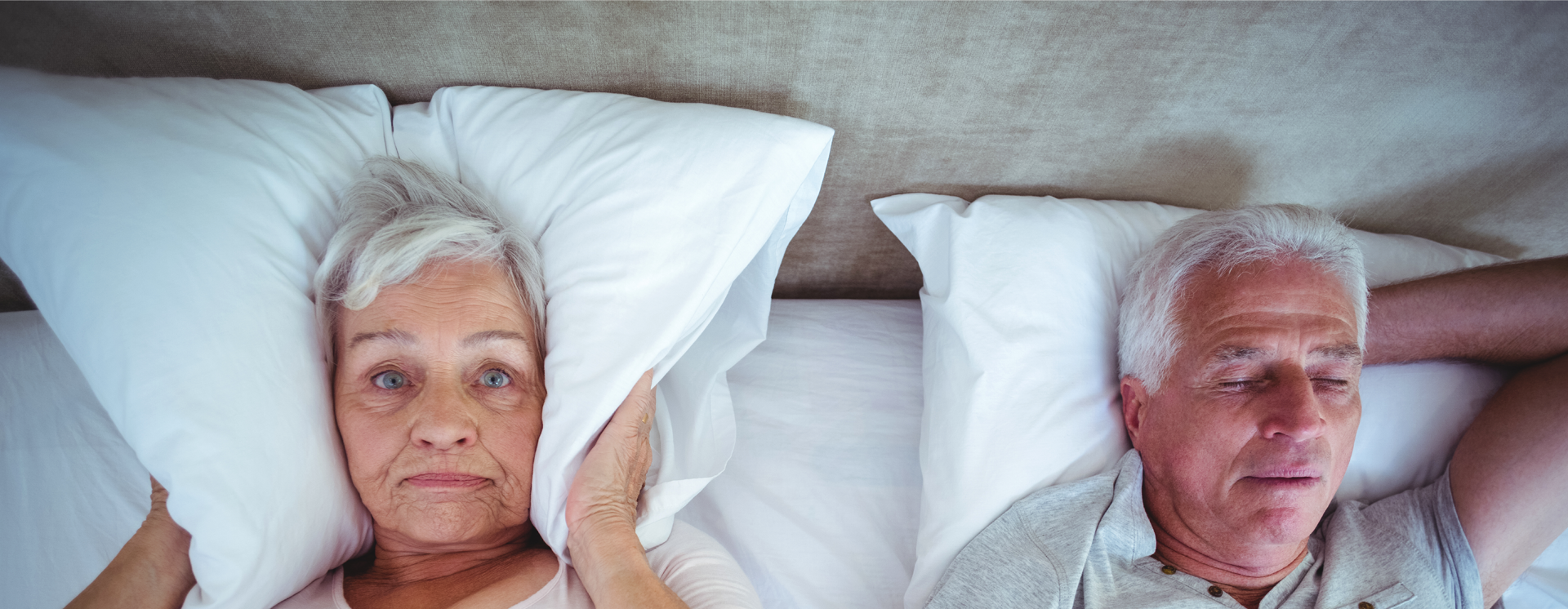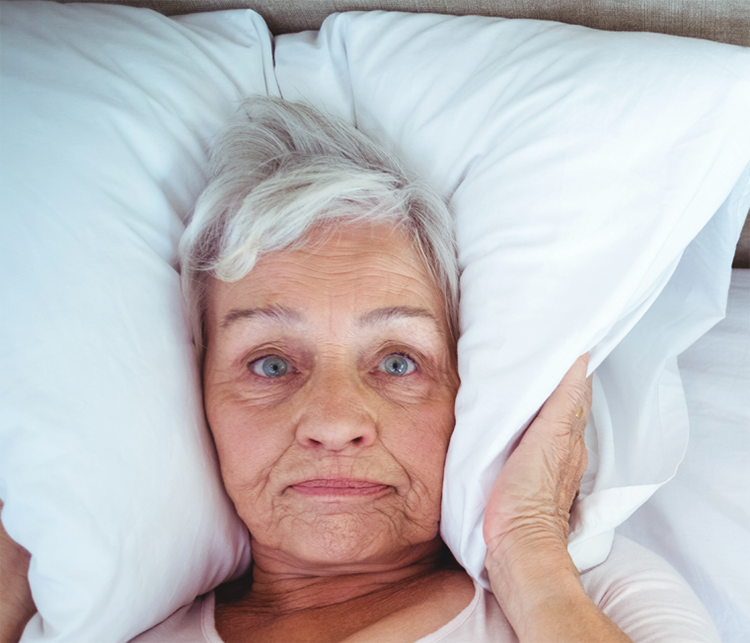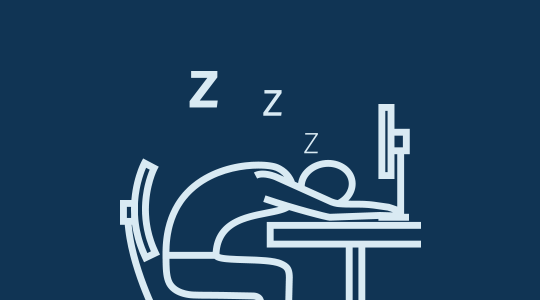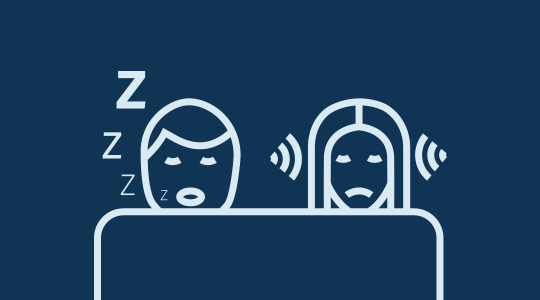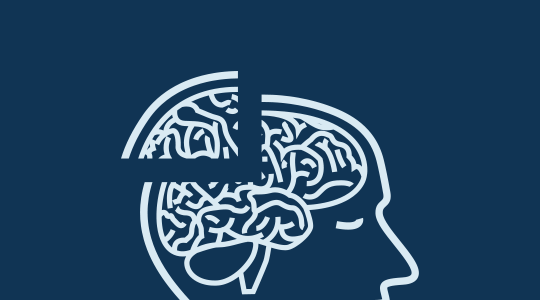Symptoms & Risks of Sleep Apnea
Risks
Acid Reflux or G.E.R.D.
Gastroesophageal reflux and sleep apnea often appear together. Approximately 80 percent of Americans who live with G.E.R.D. say their symptoms are worse at night. Seventy-five percent of these individuals say their condition causes them to routinely awaken during sleep.
The reason G.E.R.D.’s symptoms are worse at night has to do with the position of your body. During the day, when your body is primarily vertical, gravity helps keep stomach acid where it belongs – in your stomach. But at night, when you’re primary horizontal, these same acids can leak into your esophagus, and often, as far as your throat, causing a gagging/choking sensation, which causes you to awaken.
With G.E.R.D. and sleep apnea, each condition exacerbates the other, leading to a classic chicken-or-egg dilemma. Does sleep apnea cause G.E.R.D. or does G.E.R.D. cause sleep apena? Research on this issue continues.
Alcohol Use
When under stress, you may turn to alcohol to relax and sleep better. And while alcohol may make you fall asleep faster and even increase the amount of deep sleep during the first half of the night, studies show that this effect is temporary. Alcohol consumption leads to sleep disruptions during the second half of the night.
Alcohol use also exacerbates the effects of sleep apnea, particularly snoring. Alcohol relaxes the muscles you use to breathe, which increases the likelihood of snoring, even in people who don’t have sleep apnea. Bottom line is that if you have sleep apnea, alcohol will likely make your symptoms worse.
Anxiety Disorder
While most research doesn’t support the idea that anxiety alone causes sleep apnea, the reverse is certainly true. Good quality sleep allows you to better cope with anxiety and stress. Sleep deprivation may lead to symptoms that create stress, such as heart palpitations, feeling on edge, irritability and depression.
There have been reports of those who live with sleep apnea experiencing severe anxiety, up to and including panic attacks. And while anxiety doesn’t necessarily cause sleep apnea, some research has suggested that it may worsen the symptoms of sleep apnea in those who already have it.
Arrythmias
An arrhythmia is any unusual beating of the heart, which may include a heart rate that is too fast, too slow or irregular. Atrial fibrillation (AFib) is one of the most common types of arrhythmia and about 50 percent of people living with AFib or heart failure also have sleep apnea.
Sleep apnea can increase your risk of developing an arrhythmia is a number of ways, including increasing your risk of hypoxia, a state where there is a deprivation of oxygen reaching tissues. Sleep apnea also often increases your blood pressure, a risk factor for AFib.
Cardiovascular Disease
Depression is characterized by prolonged feelings of sadness. You are considered clinically depressed if there is no obvious cause for your sadness or withdrawal or your reaction to life’s circumstances is exaggerated or prolonged.
Recent research has shown that sleep apnea can lead to depression. While some people report that symptoms of both conditions occurred simultaneously, others experience sleep deprivation/apnea before the symptoms of depression appear. Either condition can increase your risk factor for the other.
Depression
Depression is characterized by prolonged feelings of sadness. You are considered clinically depressed if there is no obvious cause for your sadness or withdrawal or your reaction to life’s circumstances is exaggerated or prolonged.
Recent research has shown that sleep apnea can lead to depression. While some people report that symptoms of both conditions occurred simultaneously, others experience sleep deprivation/apnea before the symptoms of depression appear. Either condition can increase your risk factor for the other.
Diabetes
Diabetes is a disease in which the body’s ability to produce insulin is impaired, resulting in elevated levels of glucose in the blood and urine. If you have diabetes, you have a 50-50 chance of having sleep apnea, according to a 2013 study published in Family Medicine. This is a problem because sleep apnea can exacerbate the symptoms of diabetes. Struggling for air during the night because of sleep apnea can release hormones that raise blood sugar levels.
Many physicians have been successful in improving diabetes symptoms by treating sleep apnea. If you have diabetes, make sure you get tested for sleep apnea.
Enlarged Tonsils and Tongue
Enlarged tonsils and an oversized tongue may be causing sleep apnea. And the best person to be able to tell you if have these conditions is your dentist. Dentists spend more time staring into your mouth than most health providers and these conditions are easy to identify.
While dentists aren’t able to provide a definitive diagnosis of sleep apnea, most are trained to spot conditions that can lead to it and may be able to recommend a sleep specialist. At the very least, they can alert you to the risk factors and suggest that you get tested.
Fluctuating Oxygen Levels
Sleep apnea increases your risk for lowered oxygen levels in the blood. Normal blood oxygen levels in humans are considered to be from 95-100%. If your saturation level falls below 92%, it may result in your cells being starved of oxygen. If your level is below 90%, you are considered to be in hypoxemia, an abnormally low concentration of oxygen in the blood.
Many people living with sleep apnea may suffer from hypoxia, a similar condition in which the tissues of the body are deprived of adequate oxygen. Prolonged hypoxia can cause organ damage, with the brain, heart and liver being particularly susceptible.
Frequent Sinus Infection
Most of us have probably experienced the difficulty of getting a good night’s sleep when suffering from a stuffy or runny nose. Now imagine what it’s like if your sinus cavities are inflamed or infected, which can cause sinus pressure/pain, headaches and/or facial pain. This condition is called sinusitis and is considered chronic if you develop symptoms more than four times a year.
If you have chronic sinusitis, it could be an indication of an underlying issue, such as a blocked airway, which can also lead to sleep apnea. If you experience frequent sinus infections, this may be a sign you have sleep apnea.
High Blood Pressure
High blood pressure, also known as hypertension, is a medical condition in which the pressure in the arteries is consistently elevated. While no symptoms may be present, hypertension is a risk factor for most cardiovascular diseases.
Sleep apnea has been shown to increase risk for high blood pressure. Research also shows that high blood pressure, often referred to as the “silent killer,” can cause sleep apnea or worsen breathing in patients already affected by sleep apnea. Sleep apnea and high blood pressure have both been linked to significantly increased risk for serious complications, such as stroke and heart attack.
Impaired Concentration
Poor sleep has all kinds of negative effects on the brain, including memory loss, bad moods, irritability and a diminished ability to concentrate and complete tasks. You’ve probably experienced this yourself after a night of poor sleep.
Obesity
Obesity is one of the major risk factors for sleep apnea. People who are obese have four times the risk of sleep apnea that people who are a normal weight people do.
Snoring
Loud or excessive snoring is one of the primary indicators that a person may have sleep apnea. If you live with someone, ask them if you snore during sleep. If so, it may be time to check to see if you have sleep apnea.
Stroke
A stroke is a sudden loss of brain function due to a lack of blood flow, perhaps because of a blood clot or bleeding, which may be the result of a ruptured artery. The main risk factor for stroke is high blood pressure.
Risks
Gastroesophageal reflux and sleep apnea often appear together. Approximately 80 percent of Americans who live with G.E.R.D. say their symptoms are worse at night. Seventy-five percent of these individuals say their condition causes them to routinely awaken during sleep.
The reason G.E.R.D.’s symptoms are worse at night has to do with the position of your body. During the day, when your body is primarily vertical, gravity helps keep stomach acid where it belongs – in your stomach. But at night, when you’re primary horizontal, these same acids can leak into your esophagus, and often, as far as your throat, causing a gagging/choking sensation, which causes you to awaken.
With G.E.R.D. and sleep apnea, each condition exacerbates the other, leading to a classic chicken-or-egg dilemma. Does sleep apnea cause G.E.R.D. or does G.E.R.D. cause sleep apena? Research on this issue continues.
When under stress, you may turn to alcohol to relax and sleep better. And while alcohol may make you fall asleep faster and even increase the amount of deep sleep during the first half of the night, studies show that this effect is temporary. Alcohol consumption leads to sleep disruptions during the second half of the night.
Alcohol use also exacerbates the effects of sleep apnea, particularly snoring. Alcohol relaxes the muscles you use to breathe, which increases the likelihood of snoring, even in people who don’t have sleep apnea. Bottom line is that if you have sleep apnea, alcohol will likely make your symptoms worse.
While most research doesn’t support the idea that anxiety alone causes sleep apnea, the reverse is certainly true. Good quality sleep allows you to better cope with anxiety and stress. Sleep deprivation may lead to symptoms that create stress, such as heart palpitations, feeling on edge, irritability and depression.
There have been reports of those who live with sleep apnea experiencing severe anxiety, up to and including panic attacks. And while anxiety doesn’t necessarily cause sleep apnea, some research has suggested that it may worsen the symptoms of sleep apnea in those who already have it.
An arrhythmia is any unusual beating of the heart, which may include a heart rate that is too fast, too slow or irregular. Atrial fibrillation (AFib) is one of the most common types of arrhythmia and about 50 percent of people living with AFib or heart failure also have sleep apnea.
Sleep apnea can increase your risk of developing an arrhythmia is a number of ways, including increasing your risk of hypoxia, a state where there is a deprivation of oxygen reaching tissues. Sleep apnea also often increases your blood pressure, a risk factor for AFib.
Depression is characterized by prolonged feelings of sadness. You are considered clinically depressed if there is no obvious cause for your sadness or withdrawal or your reaction to life’s circumstances is exaggerated or prolonged.
Recent research has shown that sleep apnea can lead to depression. While some people report that symptoms of both conditions occurred simultaneously, others experience sleep deprivation/apnea before the symptoms of depression appear. Either condition can increase your risk factor for the other.
Depression is characterized by prolonged feelings of sadness. You are considered clinically depressed if there is no obvious cause for your sadness or withdrawal or your reaction to life’s circumstances is exaggerated or prolonged.
Recent research has shown that sleep apnea can lead to depression. While some people report that symptoms of both conditions occurred simultaneously, others experience sleep deprivation/apnea before the symptoms of depression appear. Either condition can increase your risk factor for the other.
Diabetes is a disease in which the body’s ability to produce insulin is impaired, resulting in elevated levels of glucose in the blood and urine. If you have diabetes, you have a 50-50 chance of having sleep apnea, according to a 2013 study published in Family Medicine. This is a problem because sleep apnea can exacerbate the symptoms of diabetes. Struggling for air during the night because of sleep apnea can release hormones that raise blood sugar levels.
Many physicians have been successful in improving diabetes symptoms by treating sleep apnea. If you have diabetes, make sure you get tested for sleep apnea.
Enlarged tonsils and an oversized tongue may be causing sleep apnea. And the best person to be able to tell you if have these conditions is your dentist. Dentists spend more time staring into your mouth than most health providers and these conditions are easy to identify.
While dentists aren’t able to provide a definitive diagnosis of sleep apnea, most are trained to spot conditions that can lead to it and may be able to recommend a sleep specialist. At the very least, they can alert you to the risk factors and suggest that you get tested.
Sleep apnea increases your risk for lowered oxygen levels in the blood. Normal blood oxygen levels in humans are considered to be from 95-100%. If your saturation level falls below 92%, it may result in your cells being starved of oxygen. If your level is below 90%, you are considered to be in hypoxemia, an abnormally low concentration of oxygen in the blood.
Many people living with sleep apnea may suffer from hypoxia, a similar condition in which the tissues of the body are deprived of adequate oxygen. Prolonged hypoxia can cause organ damage, with the brain, heart and liver being particularly susceptible.
Most of us have probably experienced the difficulty of getting a good night’s sleep when suffering from a stuffy or runny nose. Now imagine what it’s like if your sinus cavities are inflamed or infected, which can cause sinus pressure/pain, headaches and/or facial pain. This condition is called sinusitis and is considered chronic if you develop symptoms more than four times a year.
If you have chronic sinusitis, it could be an indication of an underlying issue, such as a blocked airway, which can also lead to sleep apnea. If you experience frequent sinus infections, this may be a sign you have sleep apnea.
High blood pressure, also known as hypertension, is a medical condition in which the pressure in the arteries is consistently elevated. While no symptoms may be present, hypertension is a risk factor for most cardiovascular diseases.
Sleep apnea has been shown to increase risk for high blood pressure. Research also shows that high blood pressure, often referred to as the “silent killer,” can cause sleep apnea or worsen breathing in patients already affected by sleep apnea. Sleep apnea and high blood pressure have both been linked to significantly increased risk for serious complications, such as stroke and heart attack.
Poor sleep has all kinds of negative effects on the brain, including memory loss, bad moods, irritability and a diminished ability to concentrate and complete tasks. You’ve probably experienced this yourself after a night of poor sleep.
Obesity is one of the major risk factors for sleep apnea. People who are obese have four times the risk of sleep apnea that people who are a normal weight people do.
Loud or excessive snoring is one of the primary indicators that a person may have sleep apnea. If you live with someone, ask them if you snore during sleep. If so, it may be time to check to see if you have sleep apnea.
A stroke is a sudden loss of brain function due to a lack of blood flow, perhaps because of a blood clot or bleeding, which may be the result of a ruptured artery. The main risk factor for stroke is high blood pressure.
Effects on Wellness
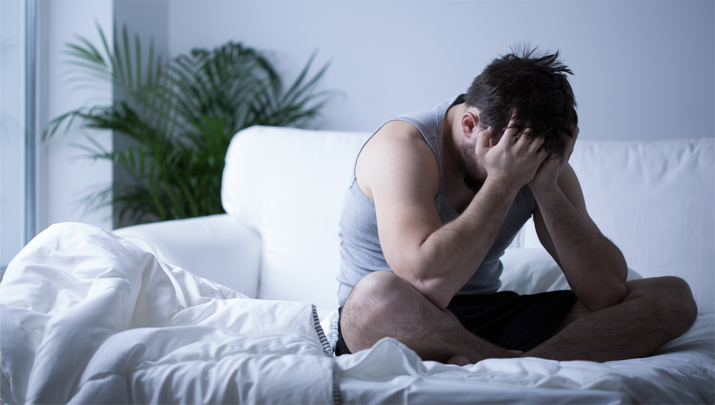
Daytime Sleepiness
High Blood Pressure
Intellectual Decline
From Happy Sleepers...

" I'm thankful I was able to test at home, I've done so many lab tests, this is way more comfortable."
Djuana Simpson

“The HSD team was so friendly and responsive. I should’ve called them years ago!”
Jon Cavanaugh, SMITH
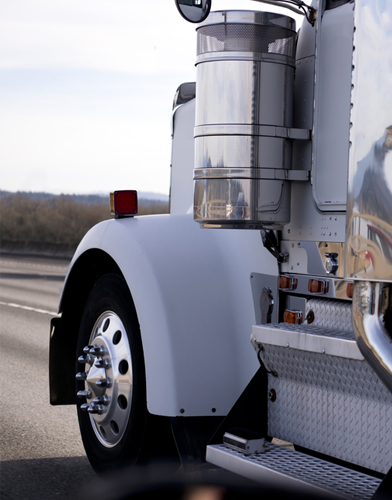
“I have been extremely pleased in the service and convenience for the drivers in completing OSA screening…”
Mark Mouty, SA, PA-C, National Trucking Company
